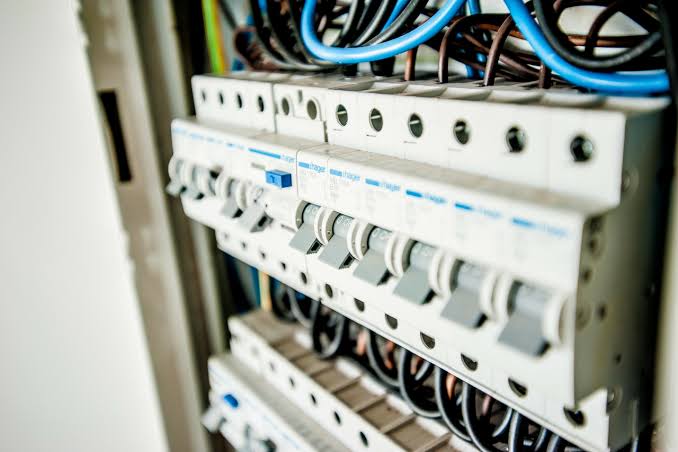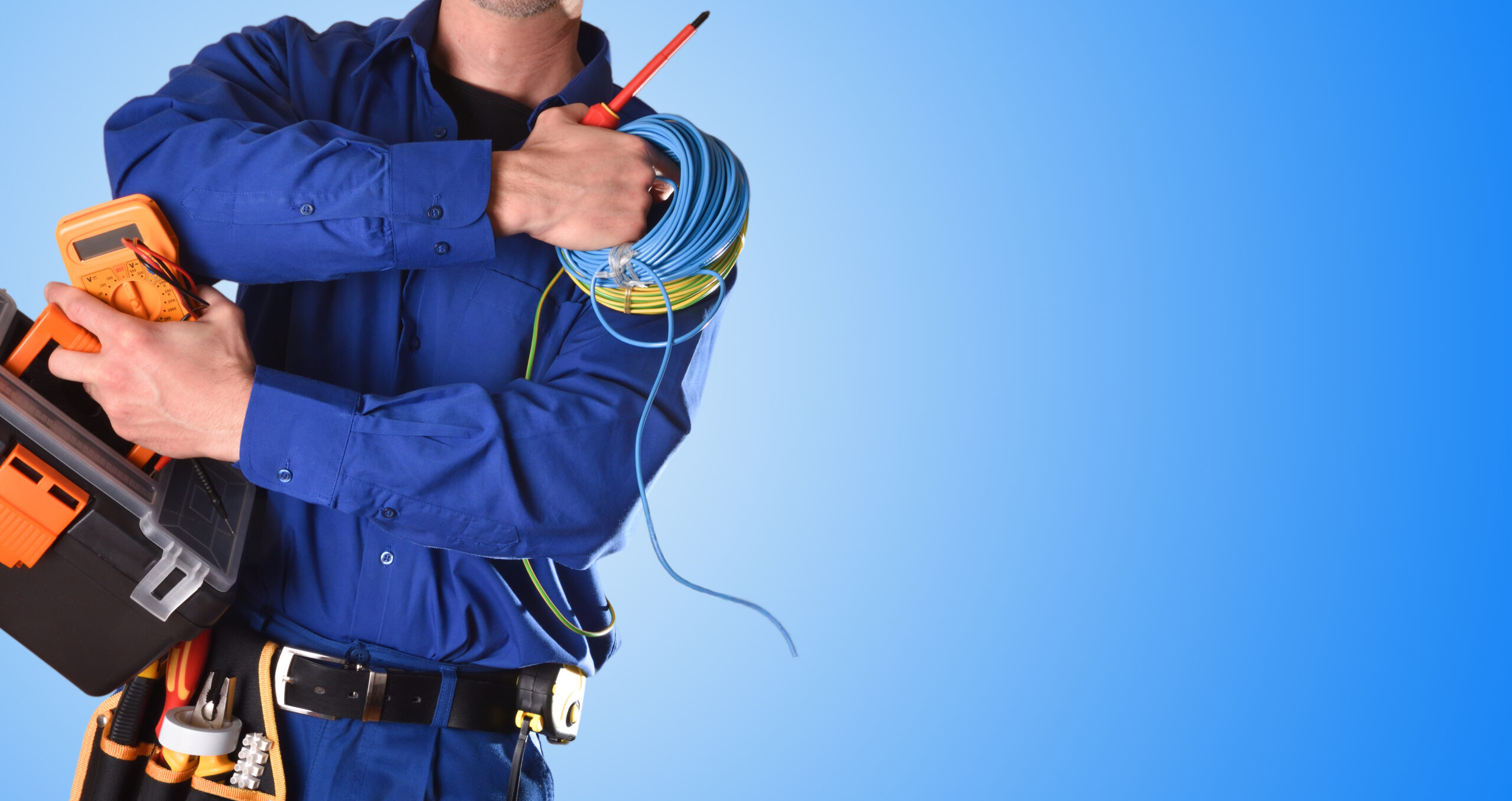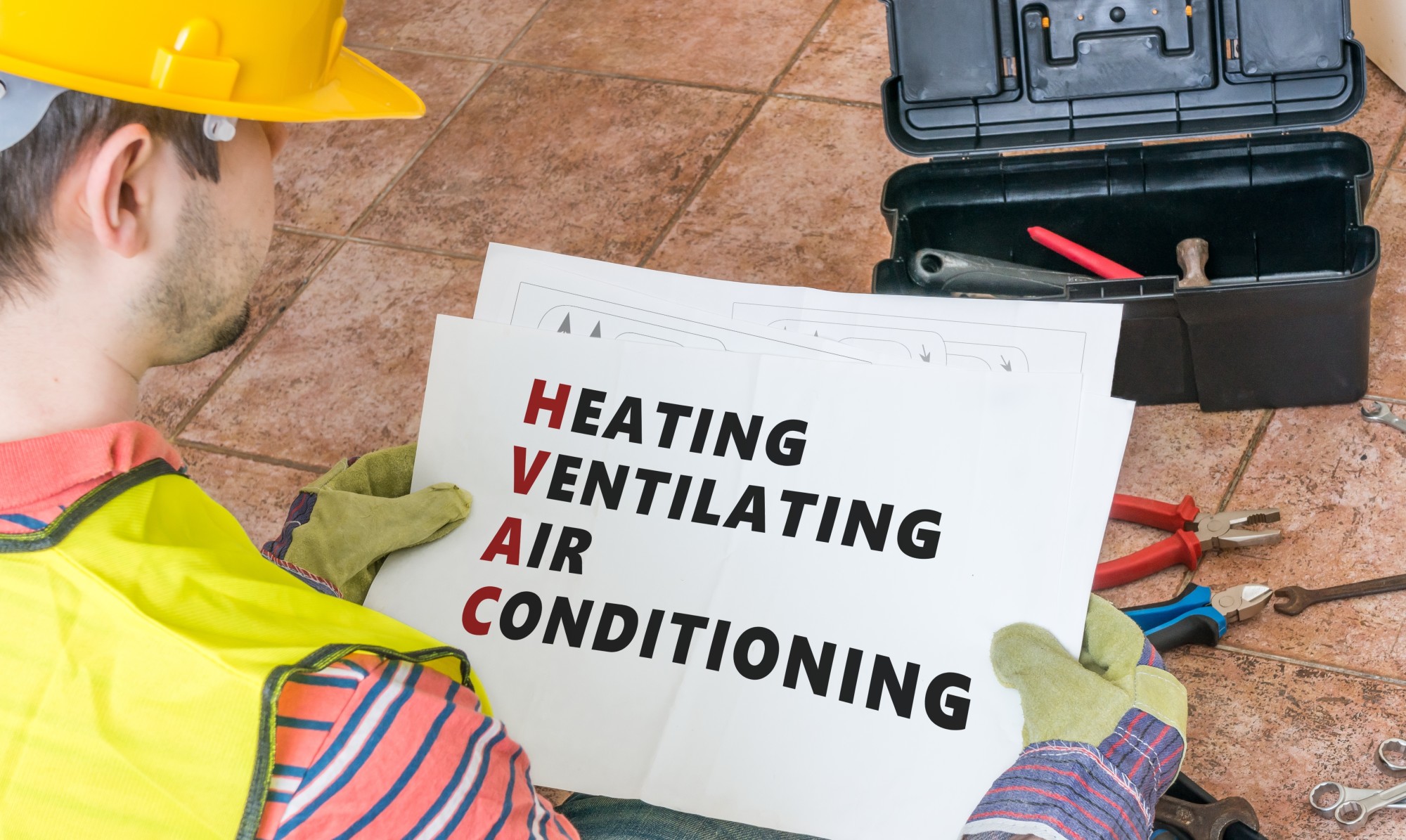Landlords and tenants are often required to inspect the electrical systems on their property while looking for any potential hazards and having them checked out. Every day, probably without giving it much thought, you depend on your home’s electrical system. To give your house the energy it requires to support daily living; it should operate risk-free and without problems in the background.
However, issues might develop in a structure or house, especially an older one. An essential electrical service improvement or the replacement of a defective outlet could be the answer. Several clear indicators of bad wiring could affect your safety. You’ll be better off in terms of dangers and associated repair costs if you find wiring problems early on and get a certified electrician to ensure your home’s electrical safety.
Journey with us as we discuss five warning signs of electrical wiring problems in your home and a landlord’s responsibility for electrical issues.
5 Warning Signs of Electrical Wiring Problems in Your Home
- Flickering and dimming lights
Flickering and dimming lights can indicate outdated and faulty wiring. There is probably an electrical issue if you hear buzzing, sizzling, or cracking noises from switches or sockets. They may indicate faulty sockets, overvalued bulbs, loose wires, excessive insulation, or all of the above. Tenants may have to deal with this issue for many years. It is surprisingly common. Lights flickering or dimming could be signs of a far more significant electrical problem, even though they could also be entirely harmless and never cause a broader issue.
Observe whether there are several flickering lights or just one; if there are multiple flickering lights or multiple lights that are dim, the problem is considerably more complex—hire a qualified property manager to deal with emergency maintenance to avoid expensive repairs.
- Problems with Circuit Breakers
If your circuit breaker frequently trips or needs to reset, you will likely have a wiring issue. Similarly, you may have overloaded your system and require an upgrade. When the system is overloaded, circuits are built to trip. Most owners can turn it back on and carry on as usual when this occurs. However, it’s crucial to pay attention to how frequently this happens; if your circuit trips more than a few times per month, it might indicate that there is an electrical issue.
Using too many powerful appliances may overwhelm the system, or there may be a problem with the electrical wiring. Instead, try to minimize how many things are plugged in at once because overloading can be hazardous for various reasons. This can save homeowners from expensive rental property repairs. Checking the circuit breaker for potential problems is also a good idea.
- Electric Shocks
If you connect something and experience a slight electric shock, there may be a problem with the circuit, such as an overload or another problem. For example, you might experience tingling or a mild shock when you touch an appliance. This could indicate that the appliance has a ground fault or that the electrical wiring is faulty. Walking over your carpet occasionally creates a static shock, but other persistent, inexplicable shocks could indicate major electrical issues. If you are shocked when connecting an outlet or appliance, it may be a wiring problem or a dangerous ground fault.
- Sparking Outlets
When you plug something in, you notice sparks shooting from the outlet. Even though this issue may be modest and straightforward to address, if it is ignored, it could result in dangerous electrical shocks and possibly start a fire. Contact a professional when you notice sparks emerging from your electrical panel or a plug. This is a warning sign that something is wrong with your electrical system, and a professional should fix it immediately.
Additionally, heat has been released due to faulty wiring if you notice any burn marks or discoloration near electrical installations. Be cautious to stop using the socket immediately and get in touch with a professional if this happens. An electrical fire can occur if the equipment is used constantly.
- Burning Smell
Although any burning odor in the house should be taken seriously, if you have investigated every possible place and can still detect a strange, burning incense in your home, it may be coming from one of your electrical sockets or appliances.
Try to locate the source if you notice a burning or smoky smell. If you discover that it is coming from an electrical outlet, make sure to unplug everything, turn the power off, and schedule an appointment with a professional electrician to have a look.
Smoke and the smell of burning typically don’t exist without fire or an object becoming overheated. Your electrical systems are in severe danger if this indicator is present. Since the smell of burning can quickly turn into a fire, it is advisable to stop using the suspected appliance or outlet right away.
Landlord’s Responsibility for Electrical Problems
When it comes to electricity, a landlord’s responsibilities differ depending on whether the apartment is furnished or unfurnished. However, even if the house is rented unfurnished, the landlord is still responsible for ensuring that the electrical equipment and wiring are safe.
As a tenant, you have all the right to live in a comfortable environment where electricity installation ensures your and your electrical appliances’ safety. As a result, landlords are responsible for maintaining high levels of security in all residential homes and remedying problems as soon as they are discovered.
Electrical installations should be evaluated regularly to look for flaws. In addition, landlords should make sure that the rented home complies with electrical safety regulations. If you have electrical problems resulting from your landlord’s negligence, you can sue and be paid for your losses.
Conclusion
While it is essential to be cautious regarding electrical house safety, attempting a DIY fix can be risky and worsen the situation. All of the above are warning signals that there may be electrical problems in the home, such as damaged wiring, overloading, loose wiring, or faulty installations, all of which pose hazards, the most serious of which are electrical fires and electric shock. Homeowners should call a qualified professional to fix any problems and reduce electric risks on their property.











